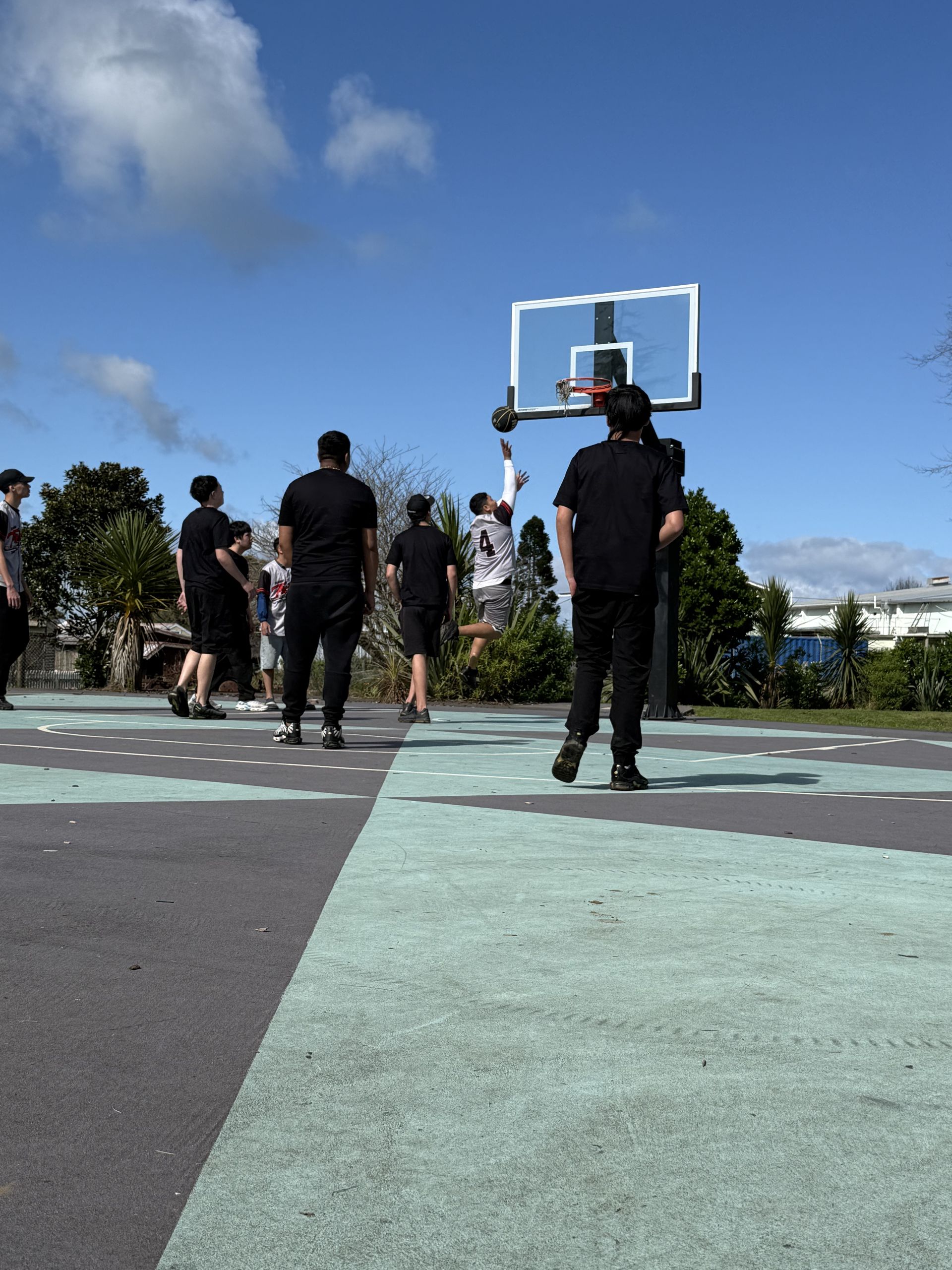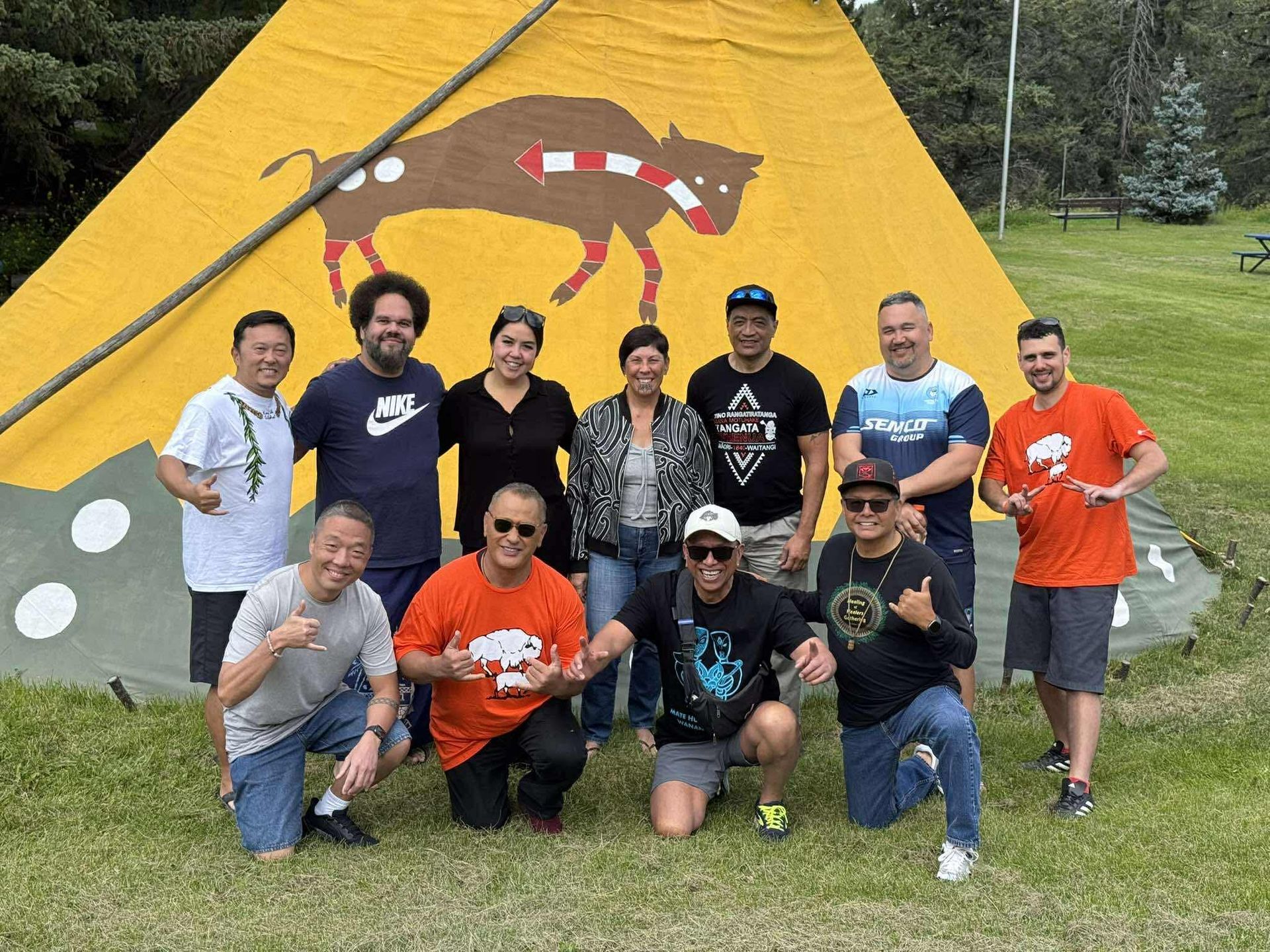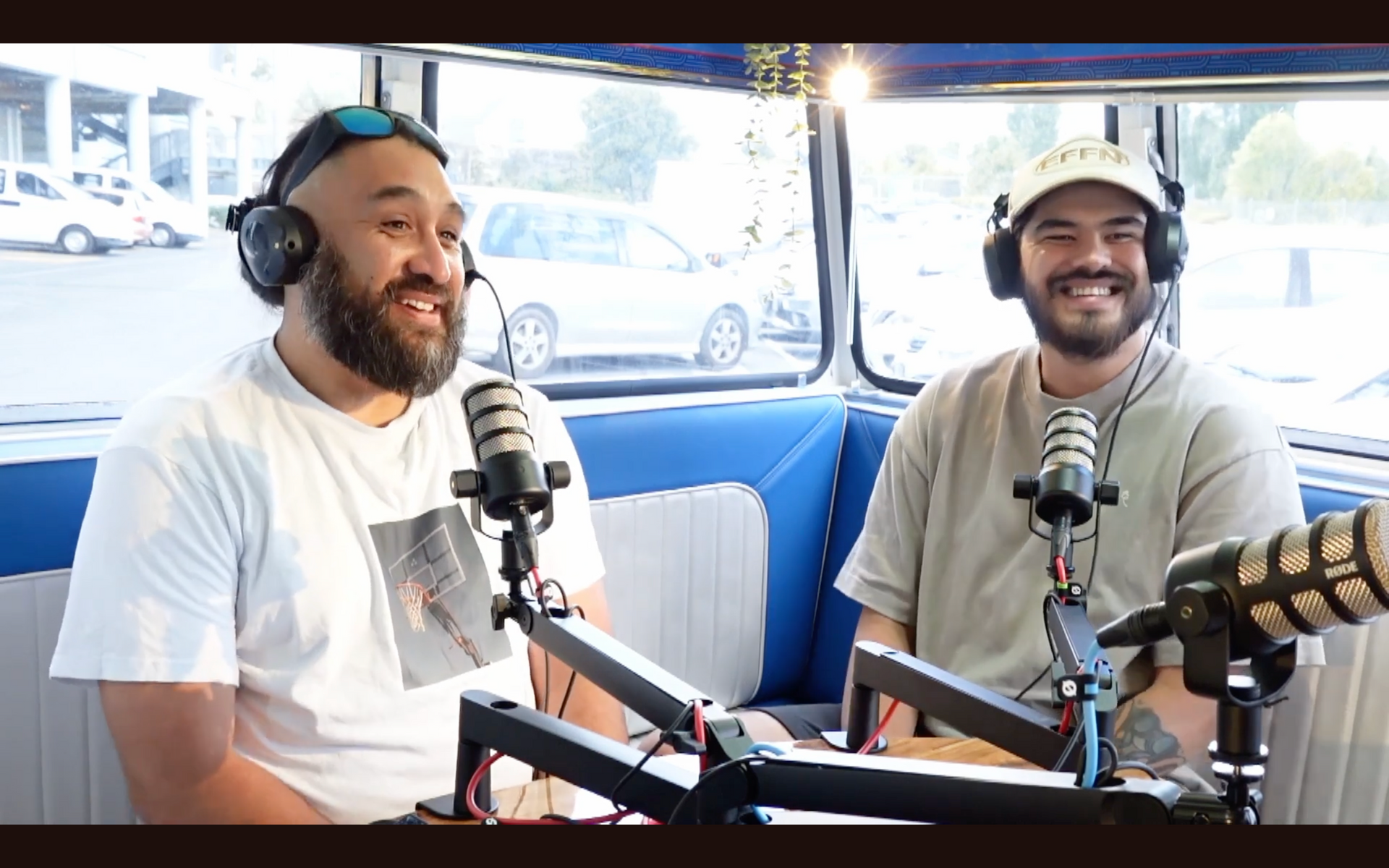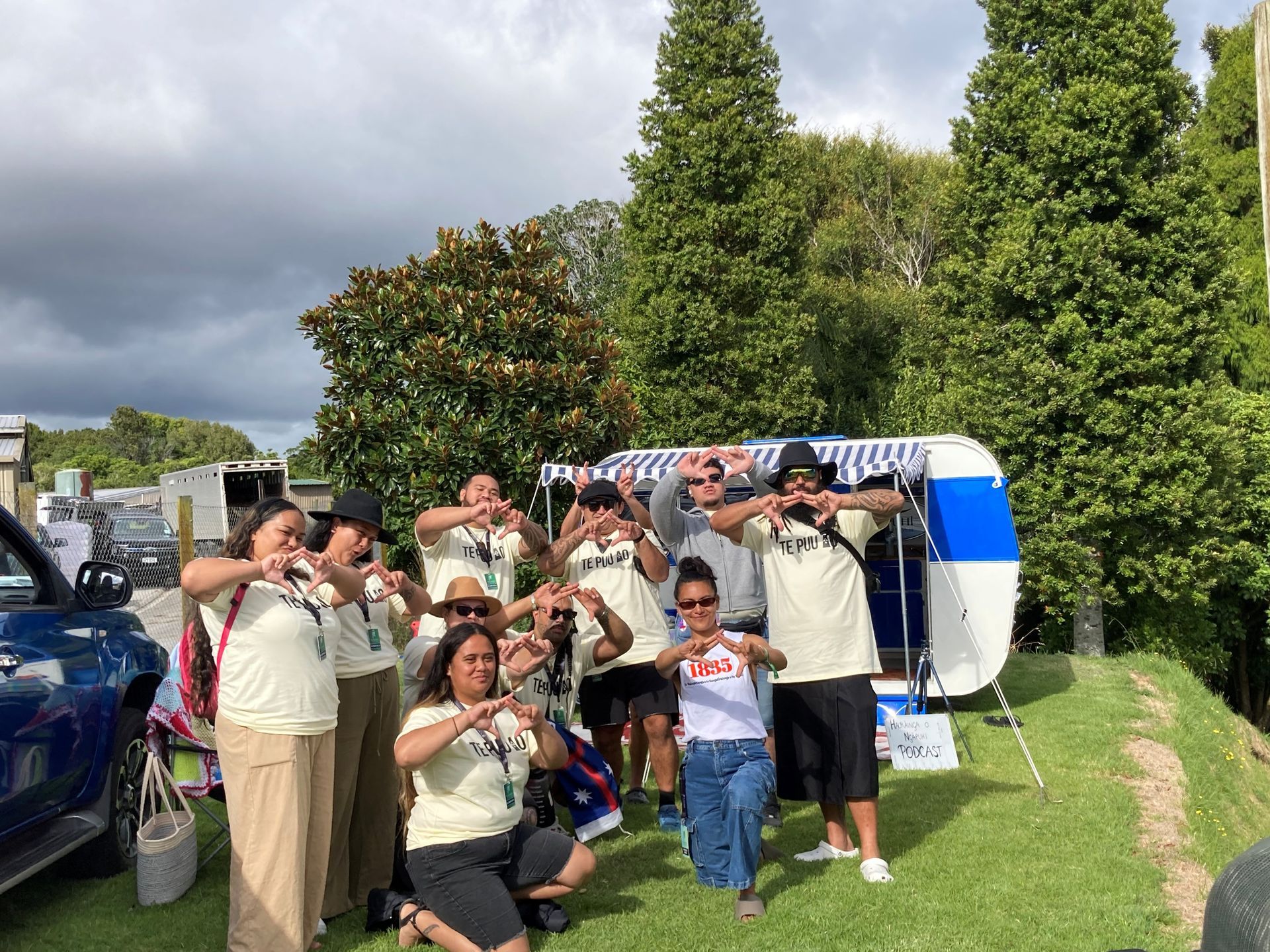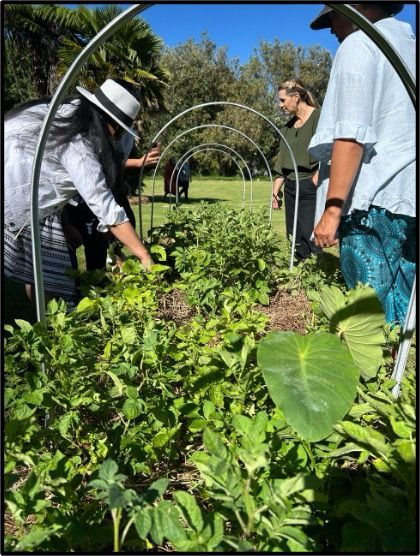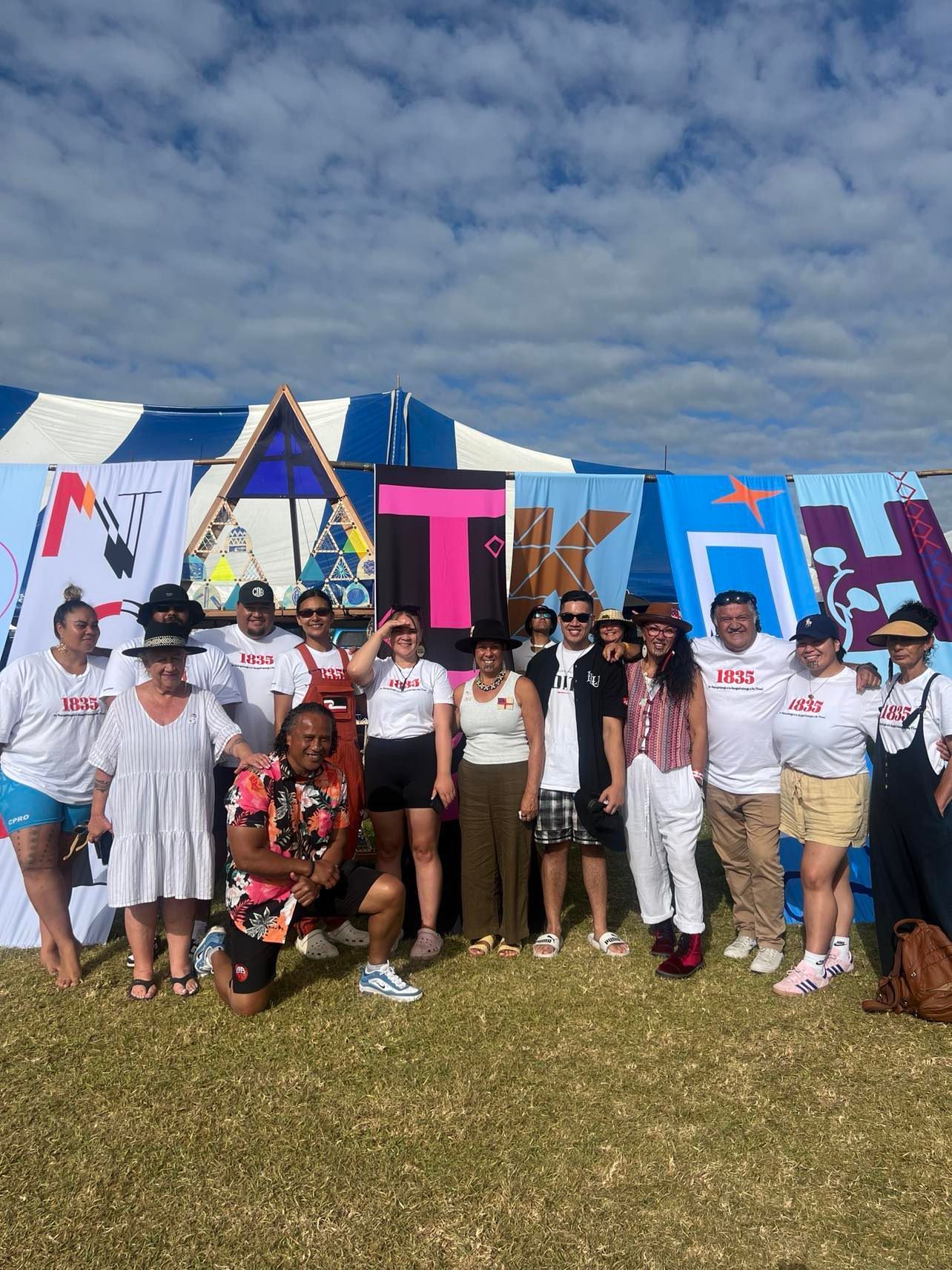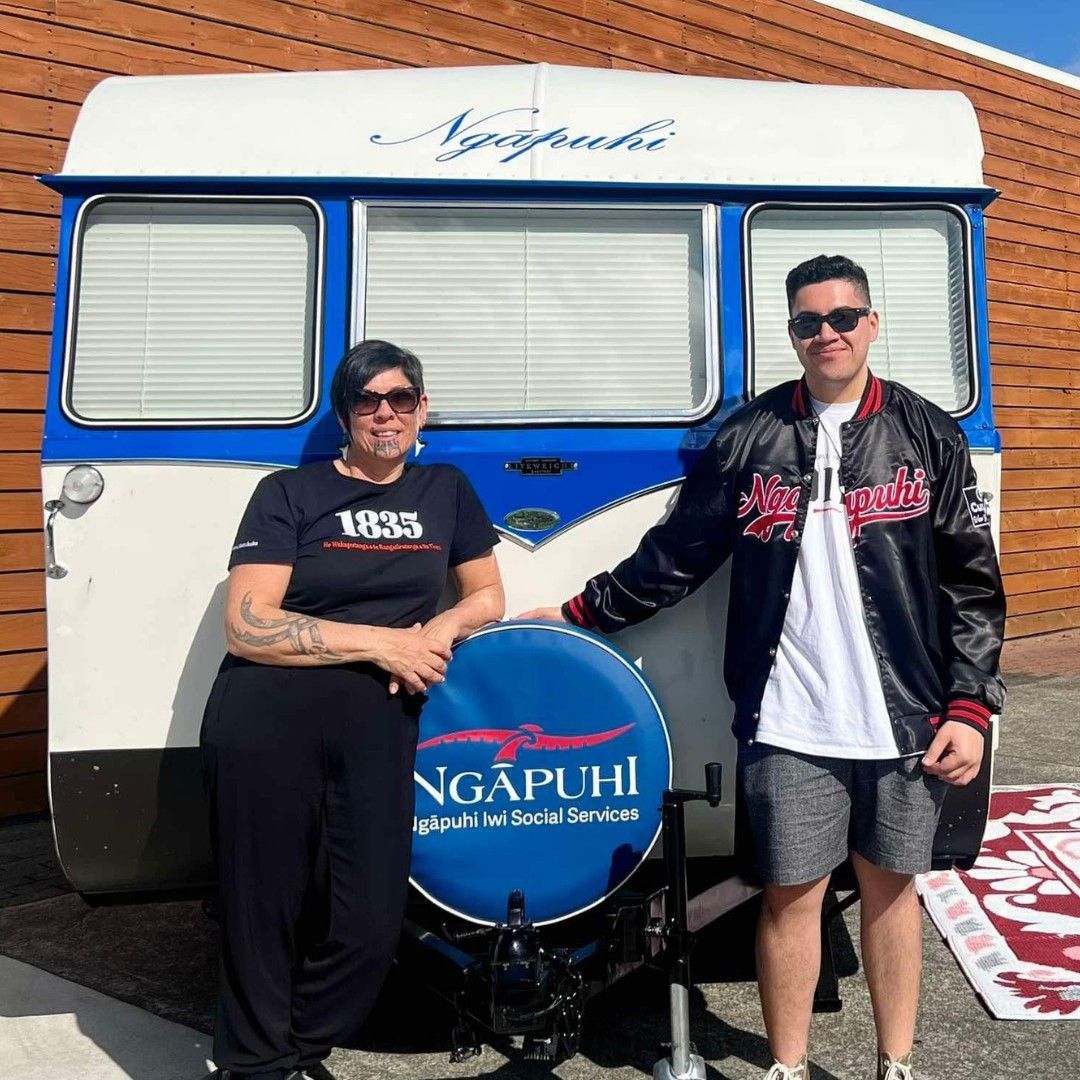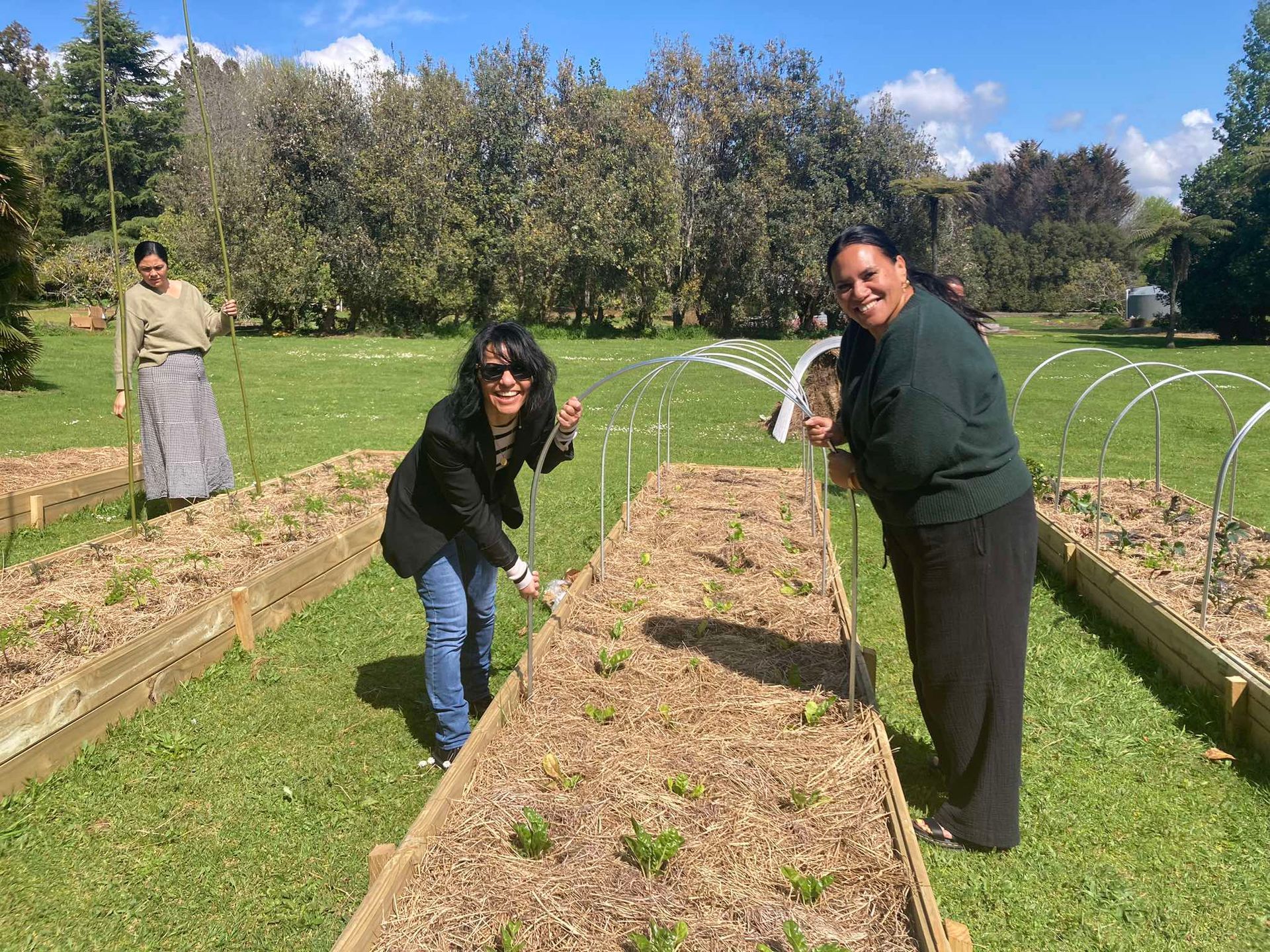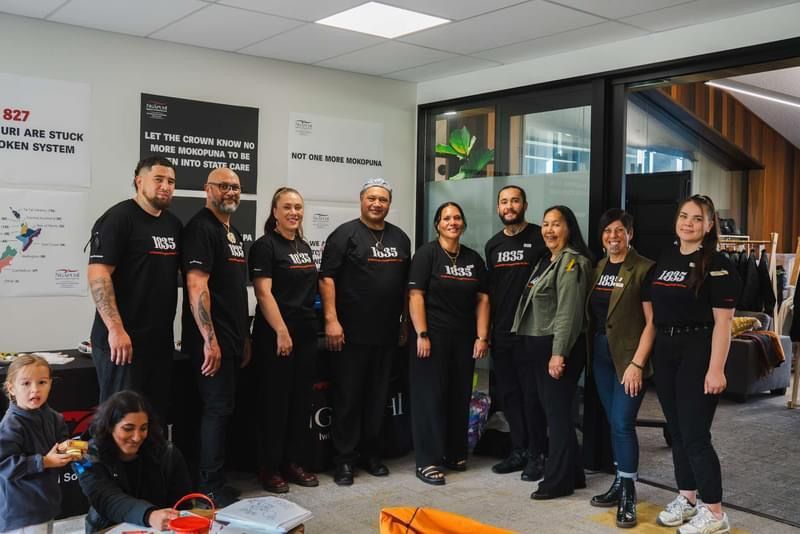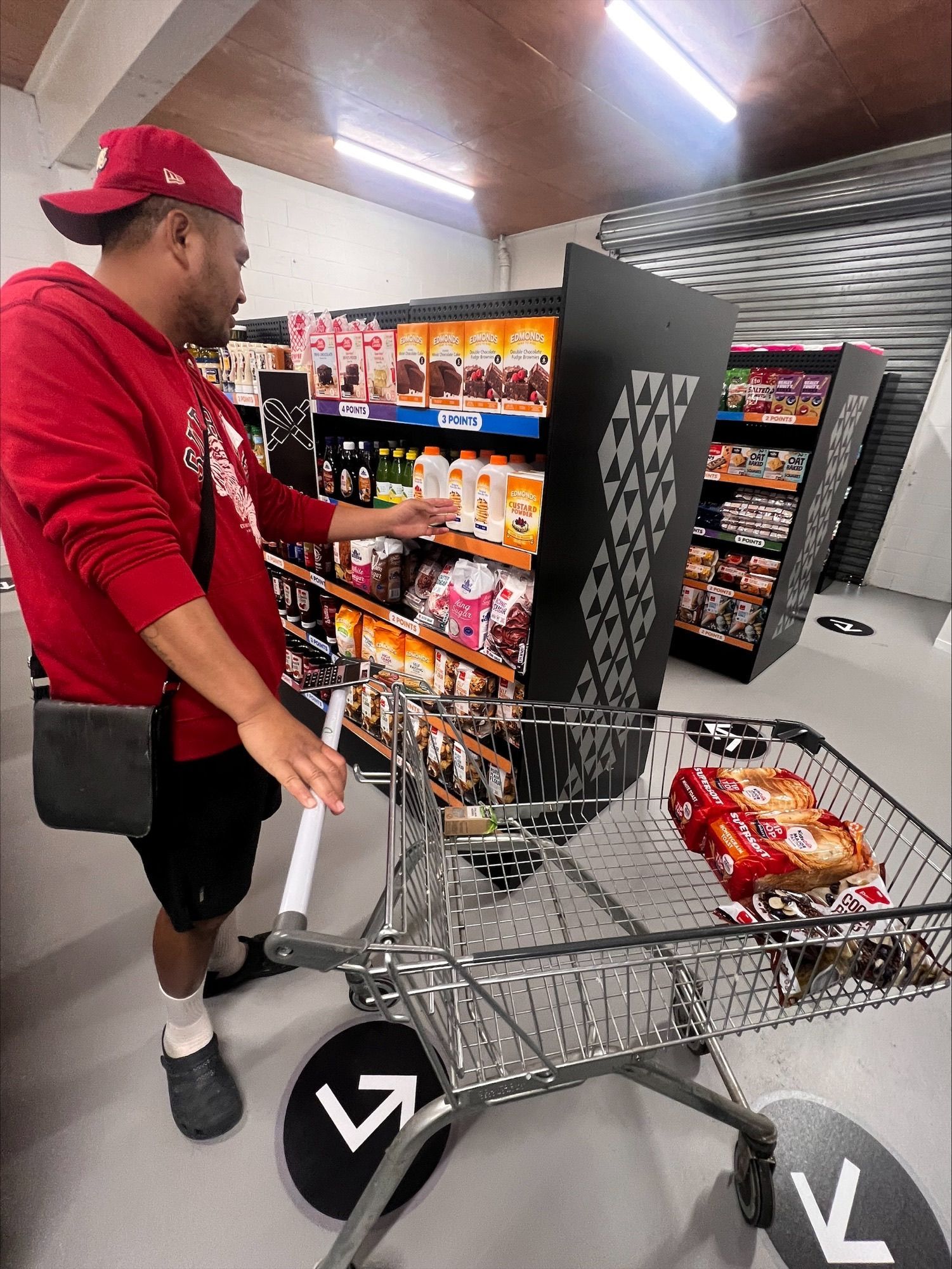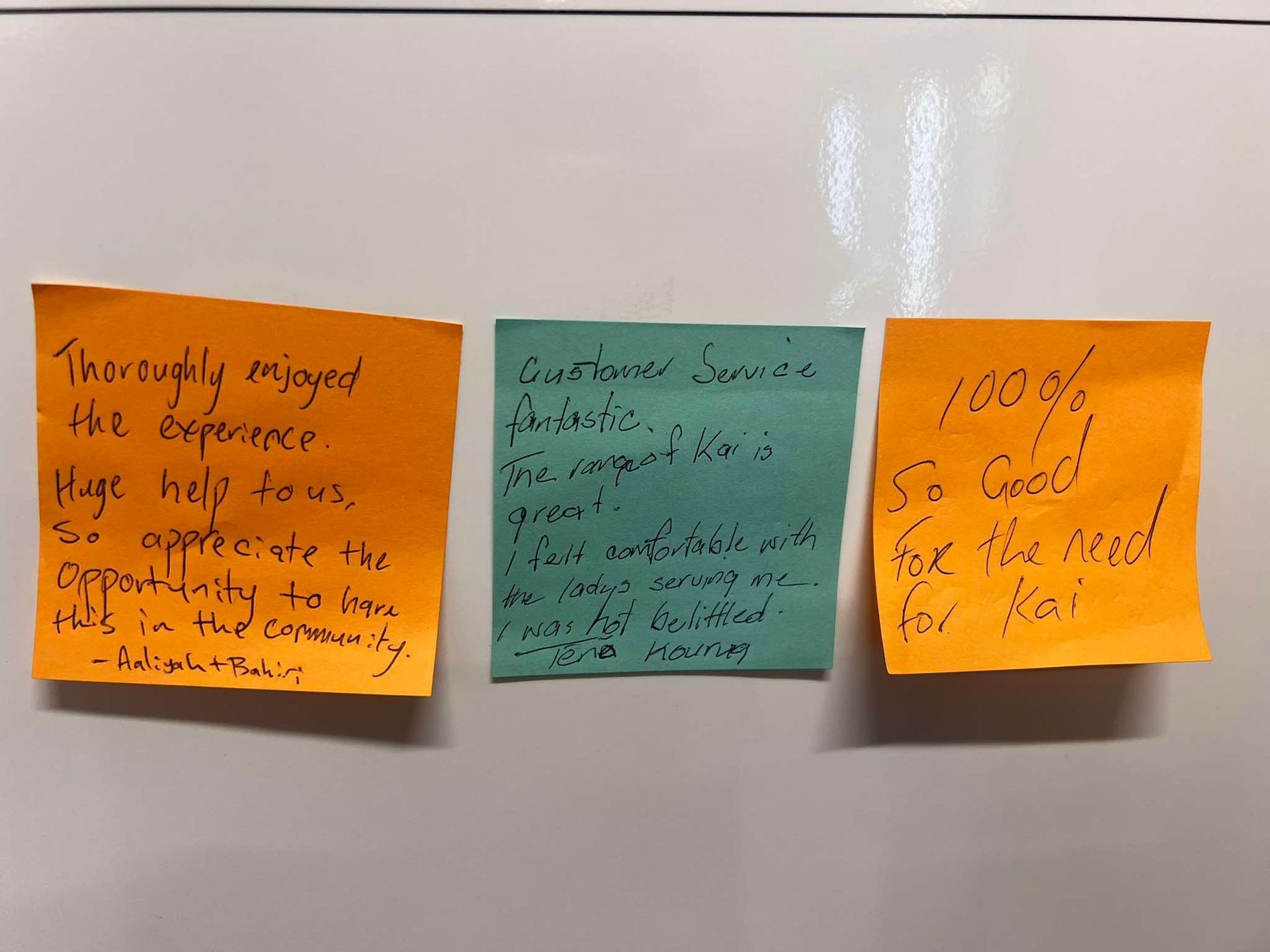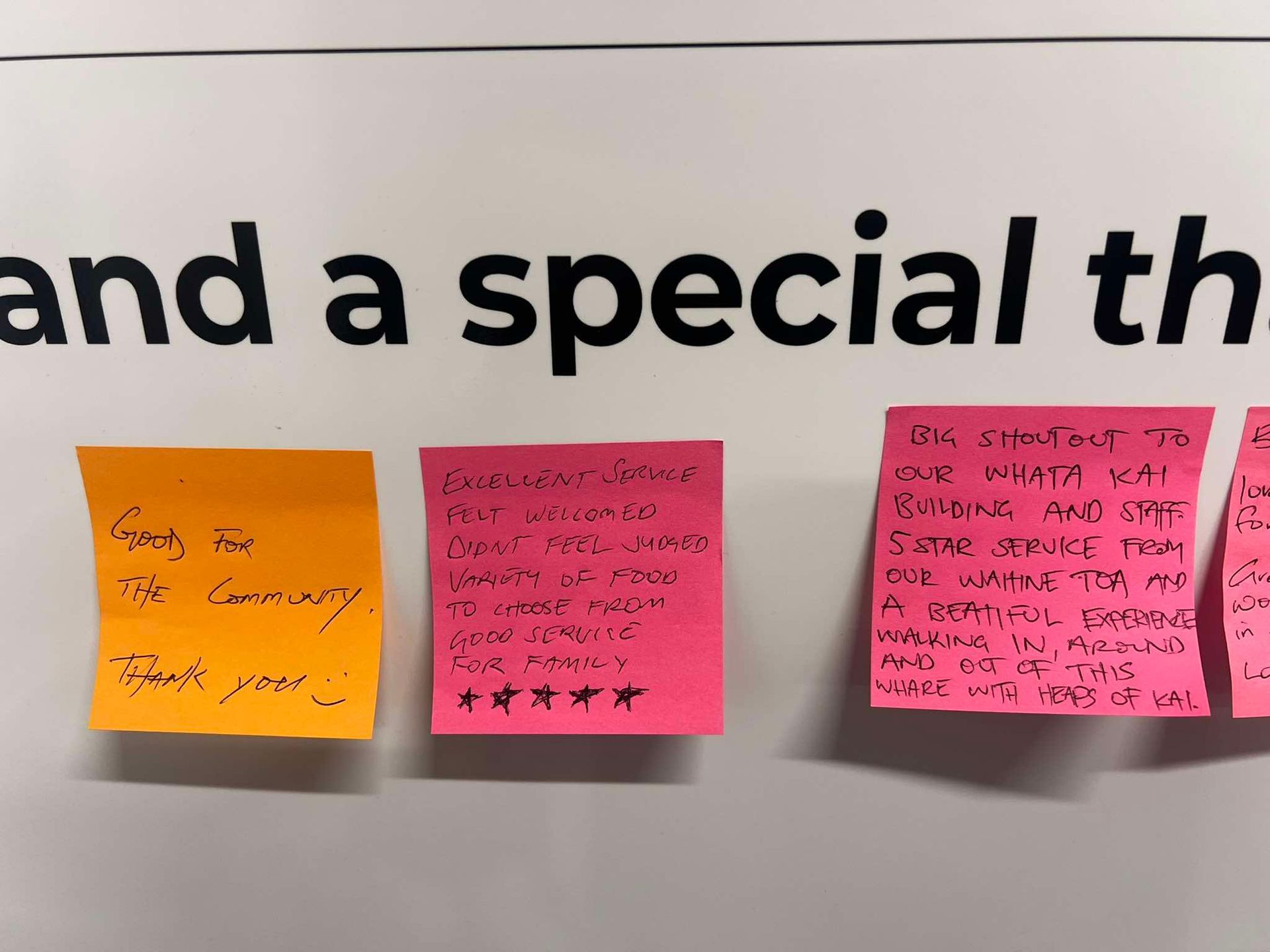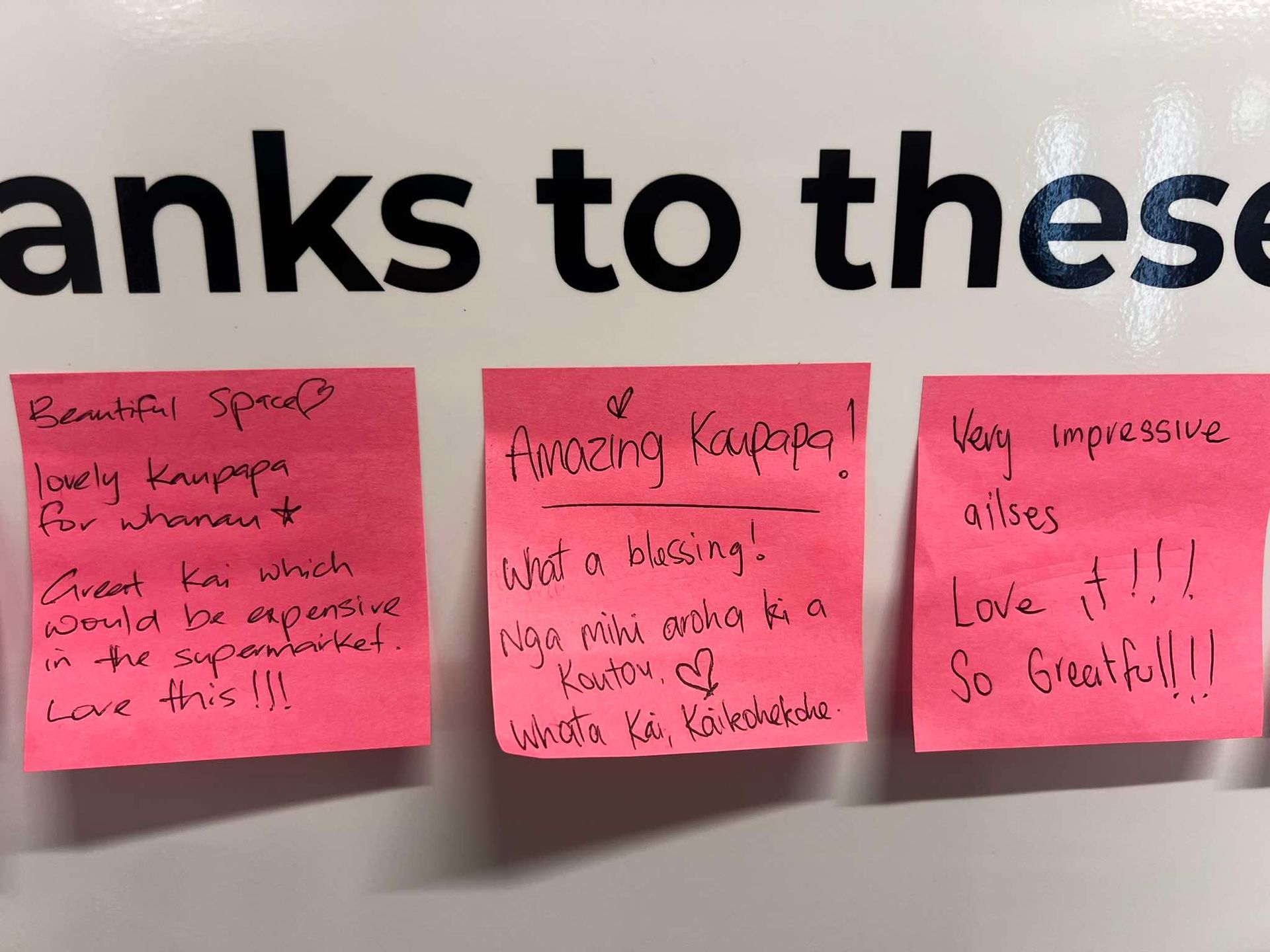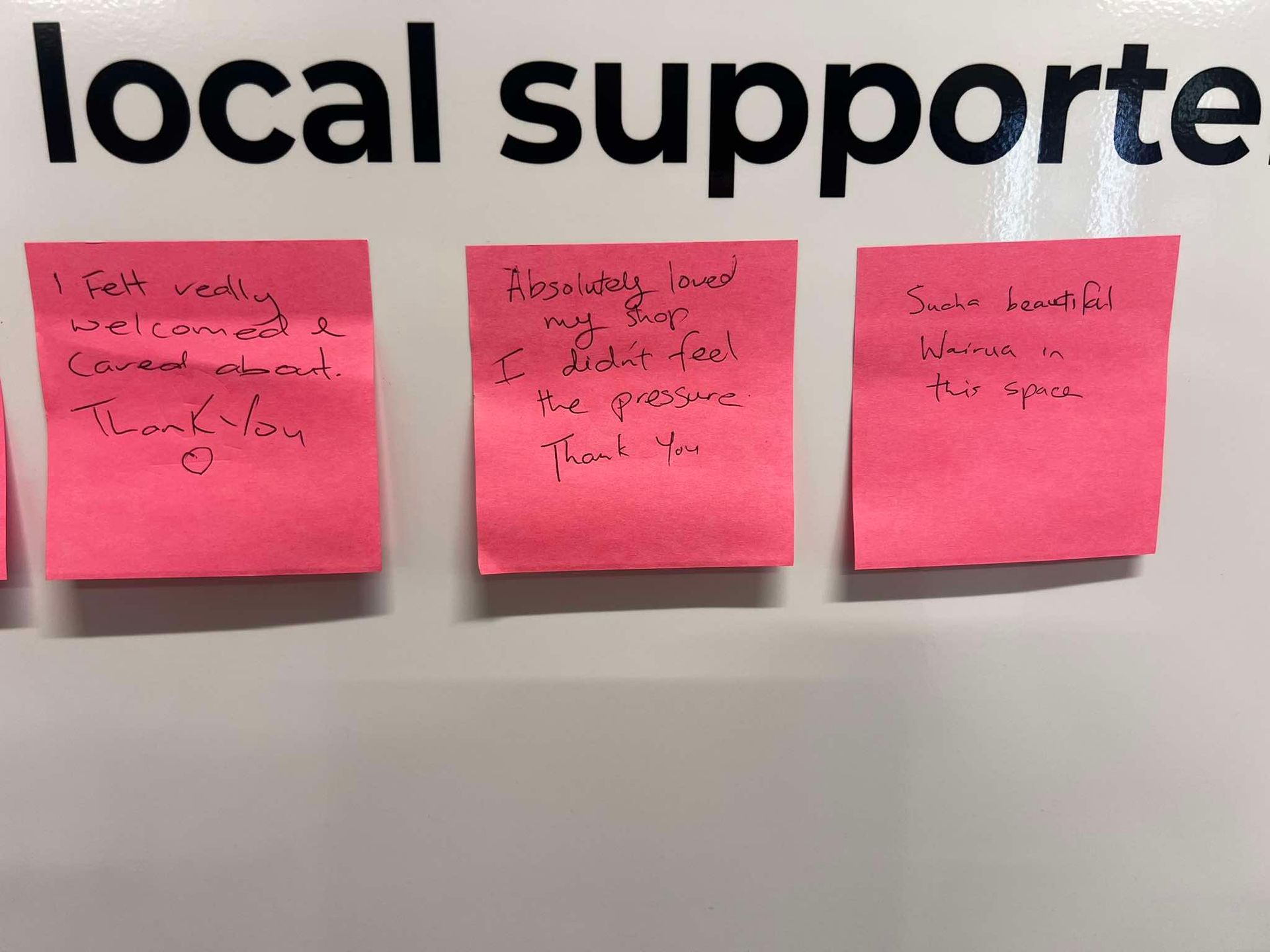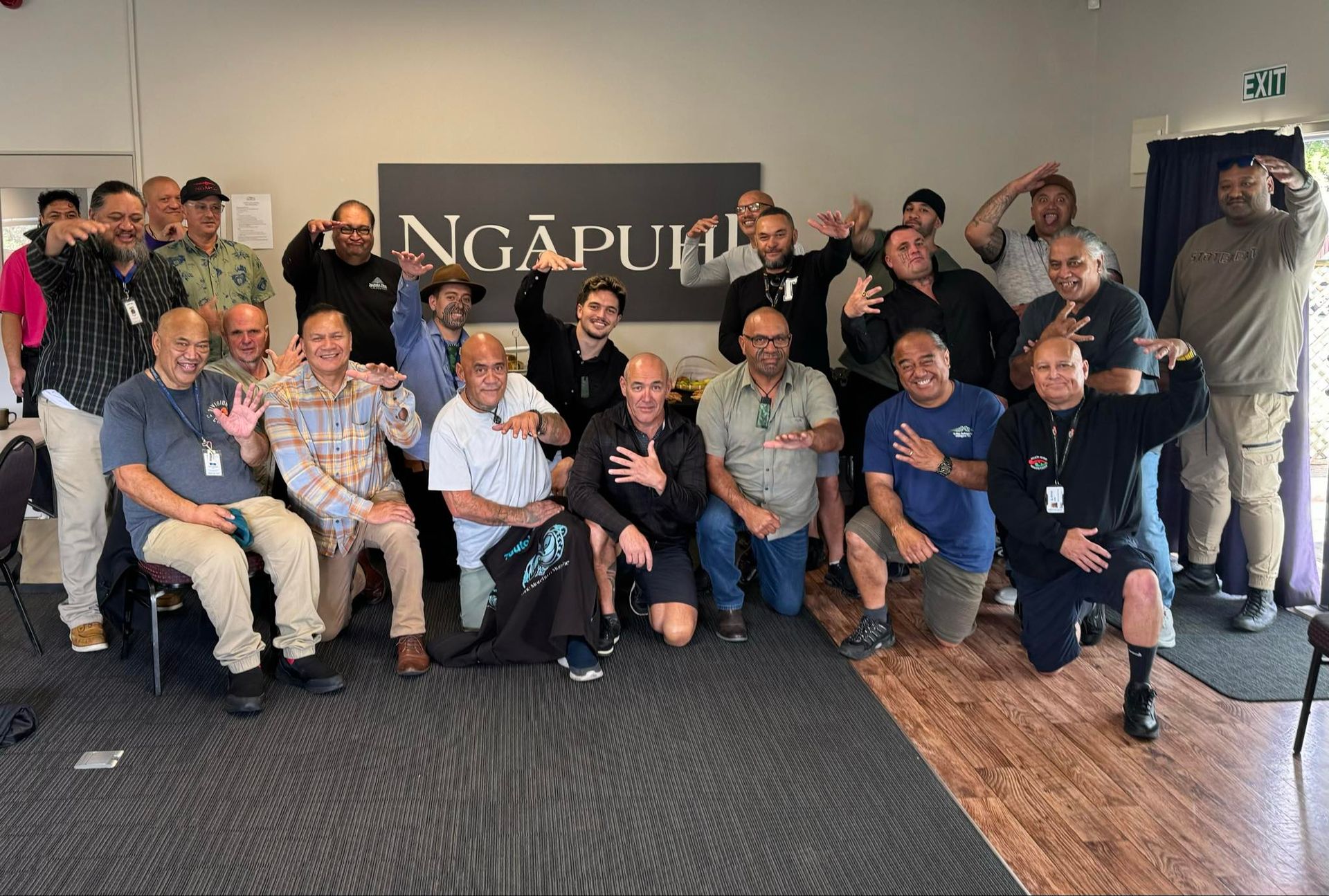Since opening its doors on April 30, Whata Kai in Kaikohe has become more than just a place to access food. It is a space where mana is restored, needs are met with care, and whānau are reminded of their inherent value.
Developed in partnership between Ngāpuhi Iwi Social Services (NISS) and Foodstuffs North Island, Whata Kai uses a points-based system that allows whānau to shop with dignity. Rather than receiving prepacked food parcels, whānau choose their own kai, with many fresh items, such as local produce, costing zero points.
In just its first eight days, 34 whānau walked through the doors. Feedback has been described as overwhelmingly positive. Many expressed surprise at the range and quality of kai and items. Others felt emotional at being able to choose freely without judgement.
“Absolutely loved my shop. I didn’t feel the pressure. Thank you.”
“I felt really welcomed and cared about.”
“Customer service fantastic. I was not belittled.”
“Such a beautiful wairua in this space.”
Behind the scenes, Whata Kai is part of a broader support system. When whānau reach out to NISS, their needs are gently assessed and connected to the right support. This includes not just kai, but housing, health, addiction, and cultural reconnection. This holistic approach ensures that while the fridge is filled, so too is the wairua.
A recent highlight has been the addition of rongoā Māori, generously provided by Tohe Ashby and Mahinga Māhuru. Offering these traditional natural remedies alongside kai brings together hauora and healing under one kaupapa.
The service hub Te Pūtahi Nui o Rehua (TPNOR) has also stepped up to support the Whata Kai kaupapa. Their kaimahi work closely with whānau they are already supporting, identifying those who are in need of kai and referring them to Whata Kai. Beyond food support, they contribute to the wider kaupapa by offering services like rongoā and budgeting advice. Their role ensures that Whata Kai is not a standalone service, but part of a wider, collaborative effort to uplift and empower whānau across the rohe.
Whata Kai supports whānau within the Kaikohe rohe who need kai support. Whānau can be referred through one of the service hubs: Ngāpuhi Iwi Social Services or Te Pūtahi Nui o Rehua. These hubs kōrero with whānau to understand their needs and offer the most appropriate support.
Donna Hulmes, NISS Social Supermarket Manager, says, “We’re so proud of the wairua and manaakitanga that’s growing around this space. Whata Kai is clearly filling a vital need. Not just for kai, but for connection, dignity, and care.”
Kaimahi speak of the subtle shifts in those who visit. Posture straightens, shoulders ease, and confidence returns. It is not just about full puku. It is about restoring trust and reminding every whānau member they are worthy of support, not charity.
As Whata Kai continues to grow, plans are underway to strengthen ties with local growers, expand cultural resources, and deepen wraparound support. This kaupapa isn’t just changing how food is shared. It is helping people feel seen, valued, and never alone in their journey.
